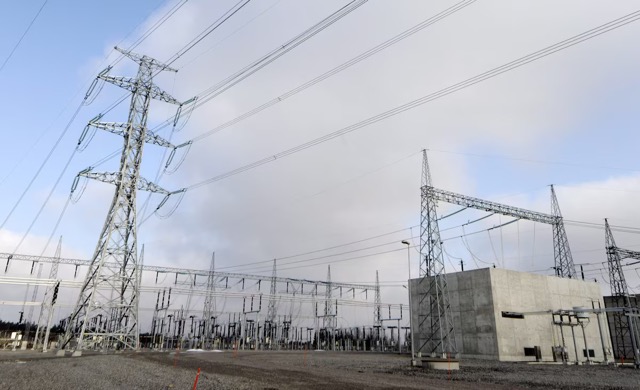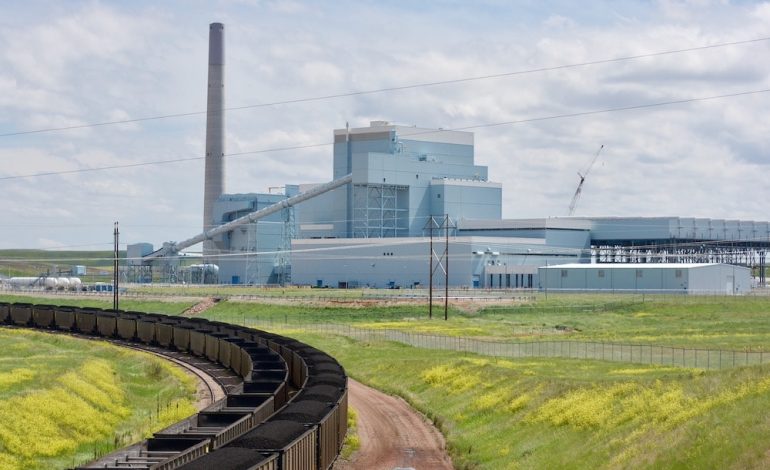Wyoming’s coal industry faces continued challenges as the US Supreme Court declined to block federal regulations mandating drastic cuts in carbon dioxide emissions from coal-burning power plants.
This decision leaves in place the Environmental Protection Agency’s (EPA) stringent rules, which could lead to the closure of aging coal plants if they fail to meet emission reduction targets.
The Supreme Court’s refusal to issue an emergency stay means that coal plants across the US, including those in Wyoming, must either reduce their carbon emissions by 90% by 2032 or face closure by 2039. Wyoming’s coal industry, which supplies nearly half of the nation’s coal-fired power plants, is especially vulnerable to these regulations.
Wyoming Governor Mark Gordon expressed disappointment over the decision but vowed to continue legal battles in lower courts, where Wyoming and 24 other states hope to either halt or modify the EPA’s rules.
“It’s disappointing the Supreme Court declined to immediately halt this overly expansive and unlawful rulemaking,” Gordon stated.
The Governor also noted support from dissenting Justices Kavanaugh and Gorsuch.
The EPA’s carbon reduction mandates are part of the Biden administration’s Clean Power Plan 2.0, which revives an Obama-era initiative aimed at reducing pollution from power plants. Wyoming coal advocates argue that while carbon capture and storage technology offers potential, the federal timelines may not provide enough flexibility to make such retrofits economically viable.
Wyoming has been working on developing carbon capture technology, leveraging state, federal, and private investments. The state has also passed laws requiring utilities to retrofit coal plants with carbon capture technology or sell them to parties willing to do so. However, utilities like Black Hills Energy and Rocky Mountain Power have indicated that retrofitting the plants could cost up to $1 billion per unit, costs that would likely be passed on to consumers.
Proponents of the EPA rules argue that they are necessary to combat climate change and accelerate the transition to cleaner energy. However, some experts caution that retiring coal plants too quickly may not allow the energy grid to keep pace with rising electricity demand, particularly as the country pushes for electrification of vehicles and industries.
Despite these concerns, the trend of coal plant retirements is expected to continue, potentially shortening the lifespan of Wyoming’s coal industry, which has been a cornerstone of the state’s economy for decades.
Wyo File contributed to this report.









